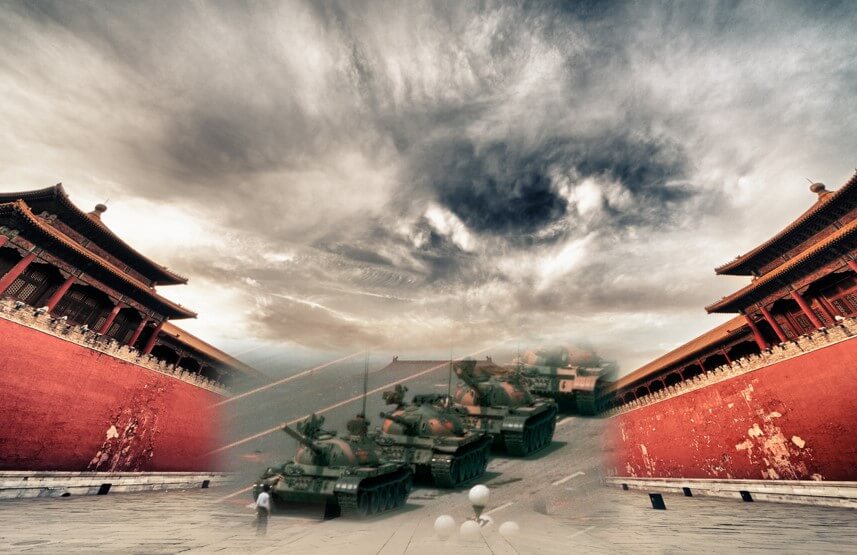
04 June 1989: The Date CCP Wants to Forget
Fri, 04 Jun 2021 | Reading Time: 3 minutes

04 June 1989: The Date CCP Wants to Forget
China was going through massive changes in the 80s. The Chinese Communist Party had opened up its economy to foreign investment. Leaders like Deng Xiaoping were credited to have put China on the path of prosperity. His move raised the income and living standards of the Chinese populace phenomenally. However, along with prosperity came the education and expectations for greater political openness.
The students were at the forefront of these demands. This spark of the early-80s gave shape to student protests of the mid-80s. However, no one had expected that this spark would become a flame in a short period. The catalyst came in the form of the death of the leading politician, Hu Yaobang.
Hu Yaobang was General Secretary of the Chinese Communist Party and a close comrade of President Deng Xiaoping. He was credited with China’s launch into capitalism and recovering the country from the misdeeds of Mao Zedong.
In 1987, Hu Yaobang was unceremoniously removed from his post and made an ordinary politburo member. His crime, he tolerated “bourgeois liberalization”, or had sympathy for student demands for democratic reform.
Tiananmen Square is Beijing’s most famous landmark and it was about to become world-famous. On 15 April 1989, learning about the death of Hu, thousands of students started gathering in Tiananmen Square. They were chanting the slogans of greater freedom of speech and less censorship.
Crowds kept swelling day by day and eventually the number of protesters reached over a million. Such large numbers baffled the government and they were unsure of taking direct action against the protesters. Soon the debates started raging among the ranks of CCP about what line should be adopted against the protesters. The progressives were backing concessions, while the hardliners wanted a tough approach. Eventually, the hardliners won the debate.
On 21 May 1989, martial law was declared in Beijing. On 3 to 4 June, PLA troops began to move towards Tiananmen Square. They opened fire on their citizens, many of them their own brothers and sisters, killing over 10,000 (as per the cable of the British Ambassador to China, Sir Alan Donald) and wounding thousands of others. The student moment was brutally crushed. All student leaders and protesters were arrested. Communist Party had once again reigned supreme and regained control of the area.
The aftereffects of the Tiananmen Square were that the CCP abandoned their balanced approach. The economic reforms stayed on track but the political reforms were abandoned. Today after 32 years, China has less freedom of speech, rather lesser freedom of every kind.
Xi Jinping and his team have created a parallel universe for the Chinese citizens where no one else except China exists. The irony of the situation is that all the protesting students are in their 40s or 50s. They have children whom they could never tell what Tiananmen Square protests were all about. They have social media where they can express every absurdity, but not political opinion. Today Xi Jinping rules over a robotic society where young men can sell their kidney to buy iPad, but cannot browse the international news. Long back Friedrich Nietzsche had said, which aptly applies to present-day China, “In individuals, insanity is rare; but in groups, parties, nations, and epochs, it is the rule.”
********************************************************************************************************************************
Author

A veteran of the Indian Navy, Cdr Sandeep Dhawan served in the Navy from 1988 to 2009. He was a Maritime Reconnaissance Pilot and a Flying Instructor. He is a geopolitical analyst and writes for the various online websites and organizations.
Disclaimer
The opinions expressed in this article are the author’s own and do not reflect the views of Chanakya Forum. All information provided in this article including timeliness, completeness, accuracy, suitability or validity of information referenced therein, is the sole responsibility of the author. www.chanakyaforum.com does not assume any responsibility for the same.
Chanakya Forum is now on . Click here to join our channel (@ChanakyaForum) and stay updated with the latest headlines and articles.
Important
We work round the clock to bring you the finest articles and updates from around the world. There is a team that works tirelessly to ensure that you have a seamless reading experience. But all this costs money. Please support us so that we keep doing what we do best. Happy Reading
Support Us




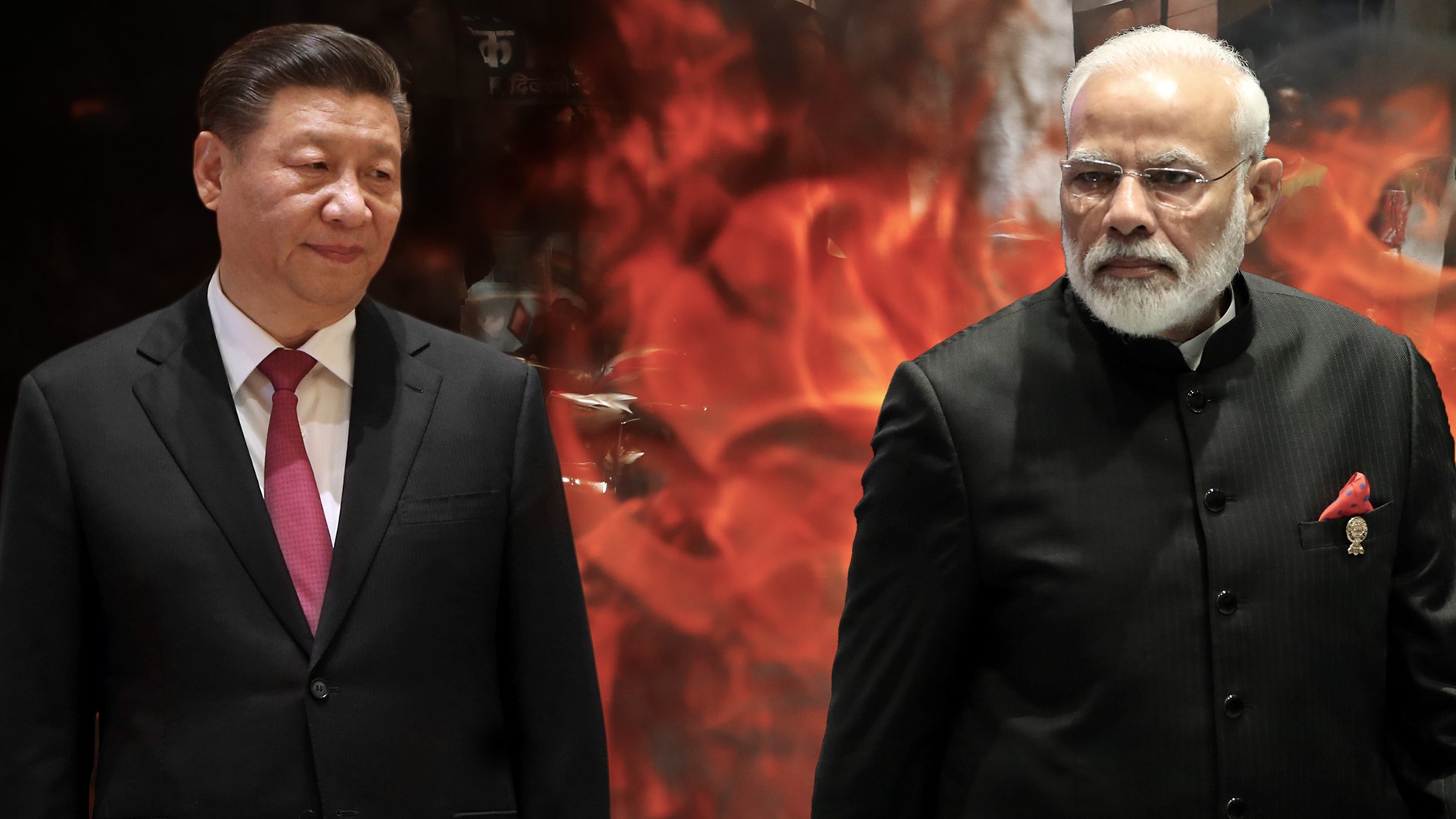
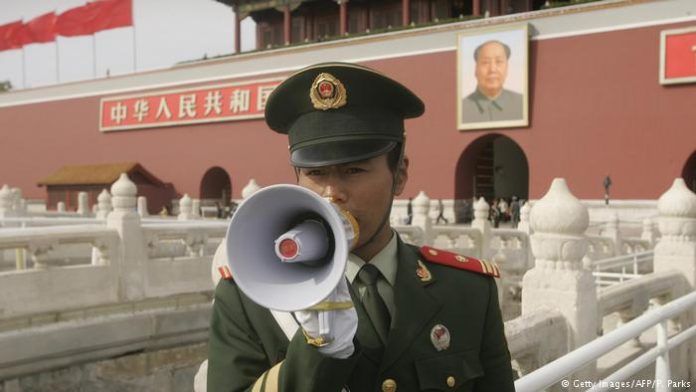
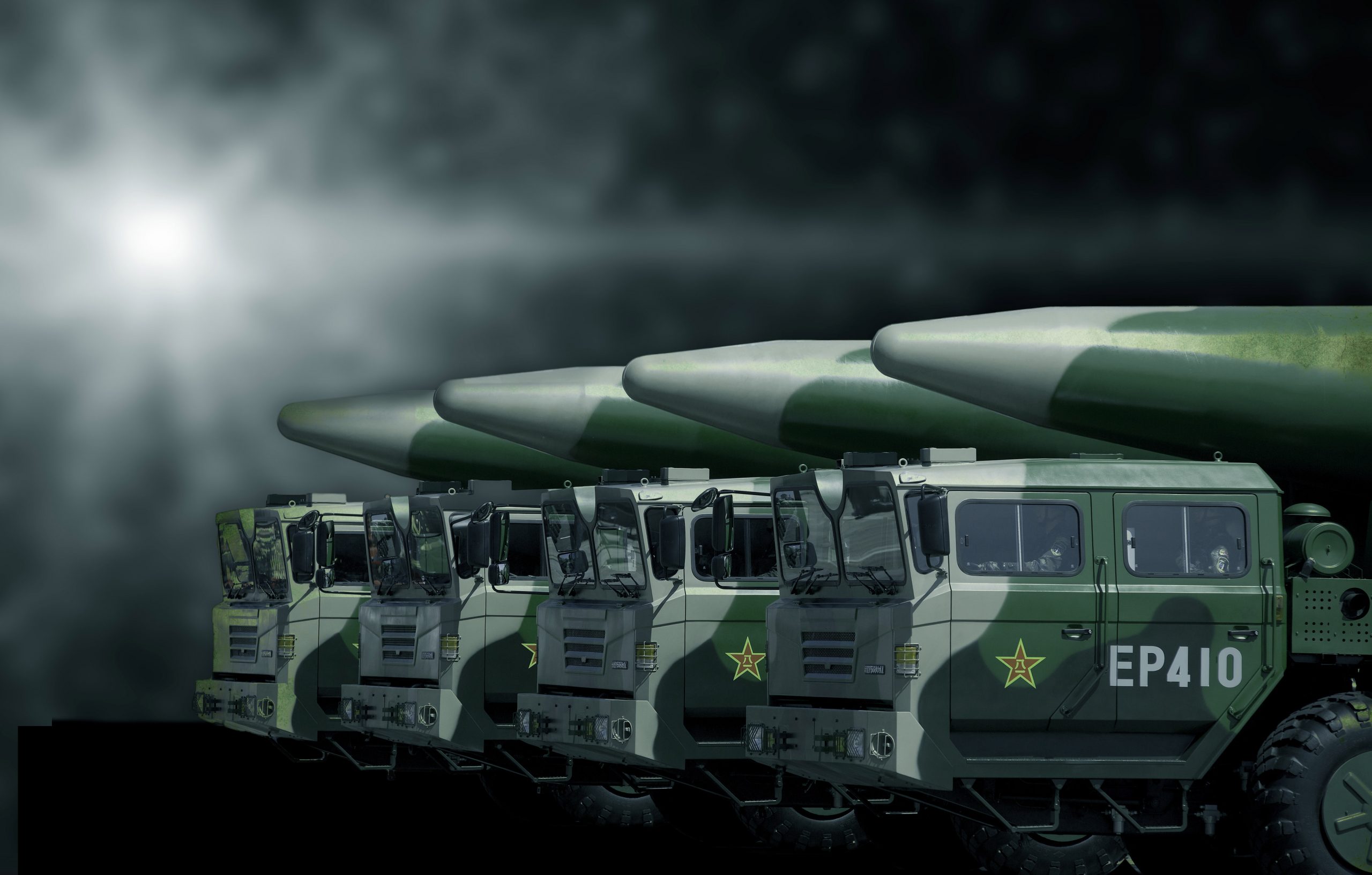
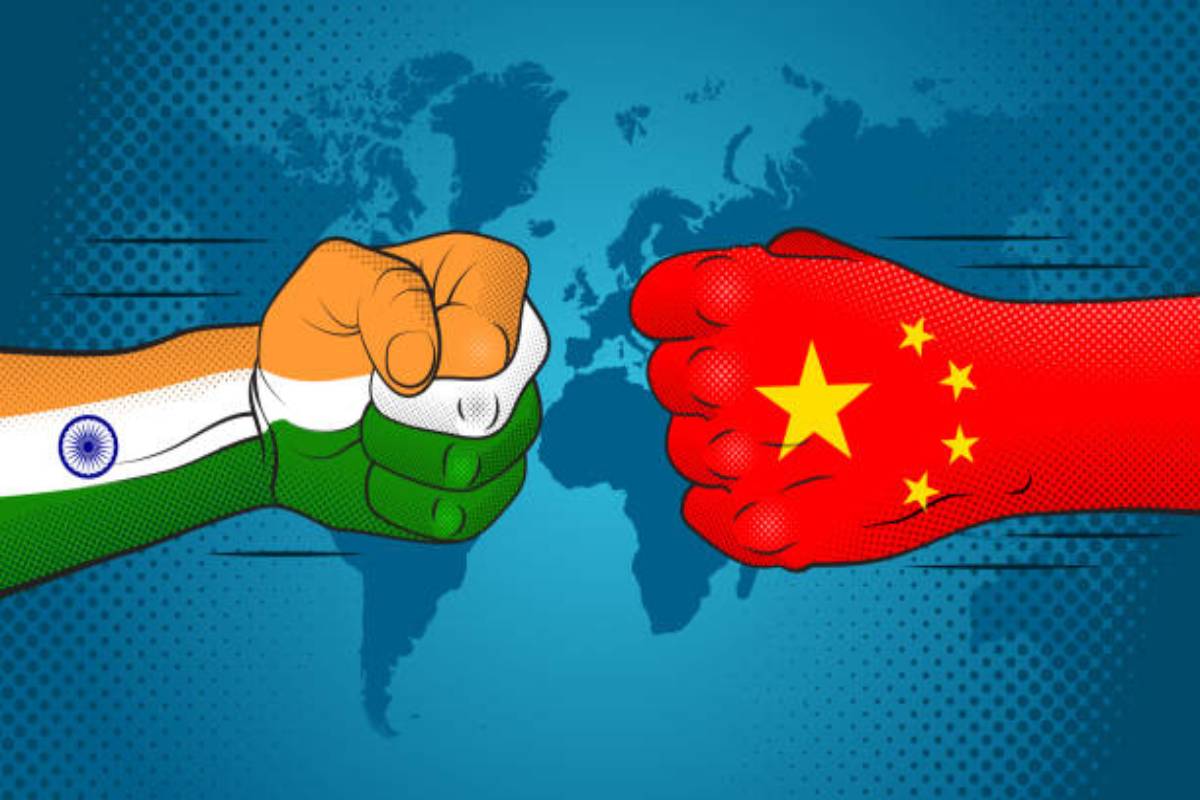
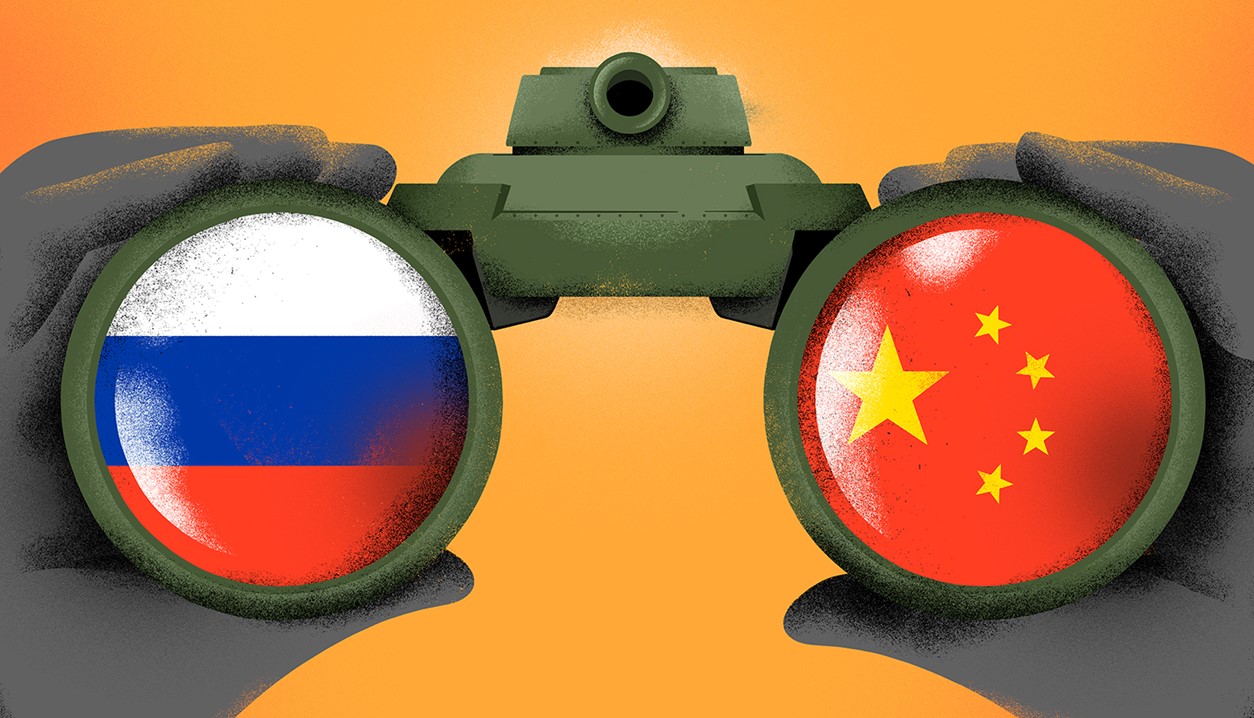
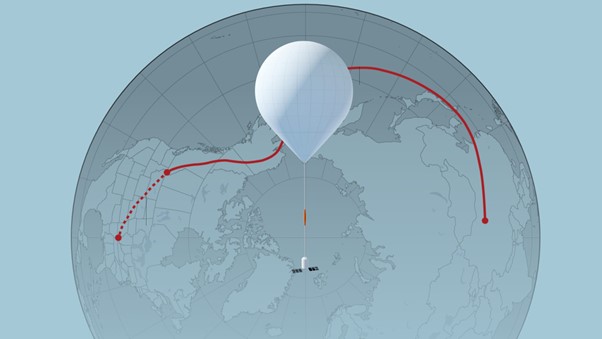
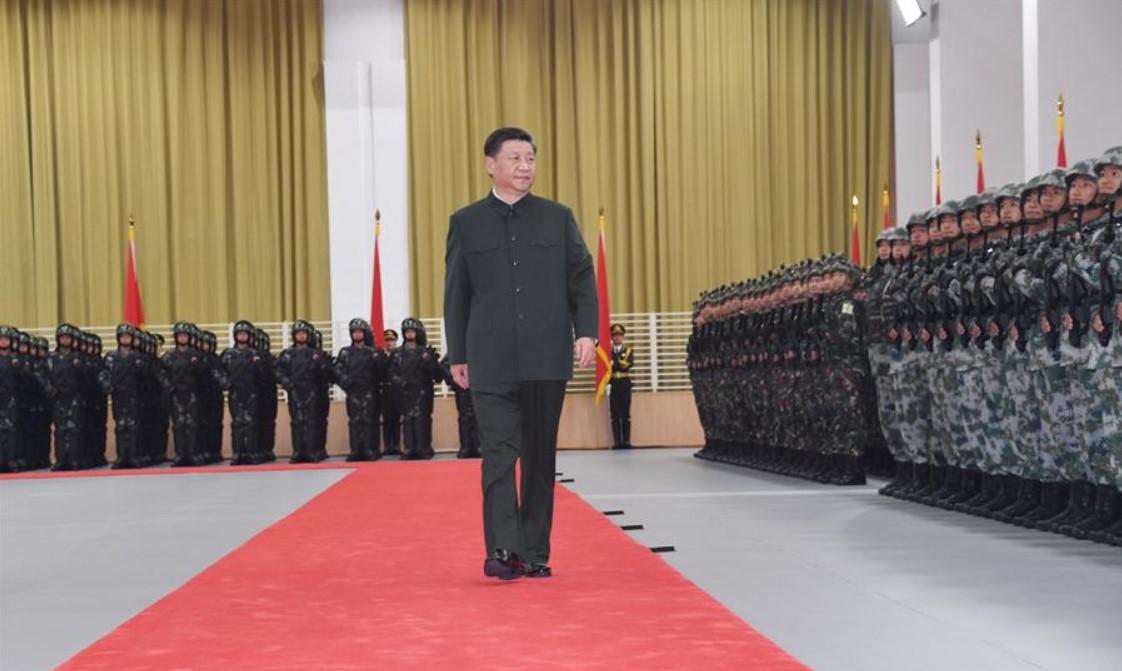


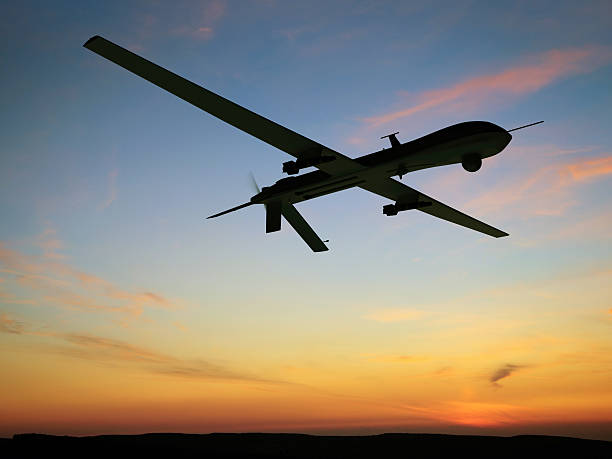






POST COMMENTS (23)
China’s 2024 Threat To Indian Democracy - Chanakya Forum
K R Ajit
Kumar Dorai
yogesh
Yogesh
Ajay Sharma
Jasbir Chatterjee
Raminder
Marilee Wein
Judithann Campbell
Shaunak
Sid Gupta
Kritica
Sanjay k
P K Misra
Vinod Sivaraman
Raman Gupta
Debu Pagay
Wendell Bruges
Rakesh P
GP Singh
Rammohan
Brig Pravin Kuma, Retd